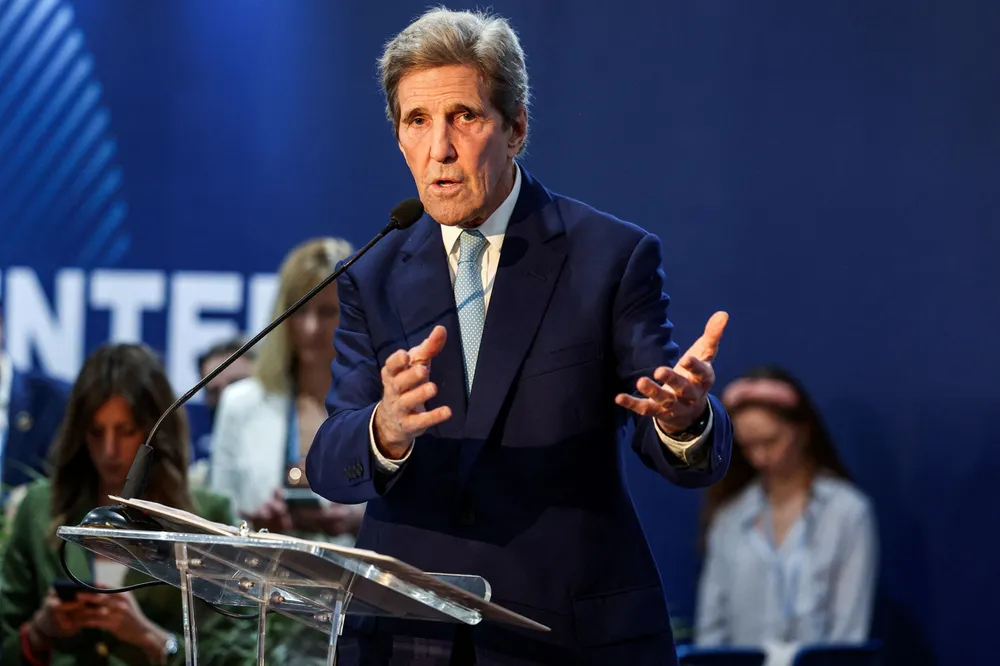US launches public-private effort for climate investment in developing nations
The government is working with philanthropies to accelerate the financing of the energy transition

The government is working with philanthropies to accelerate the financing of the energy transition
